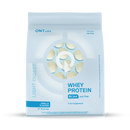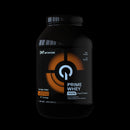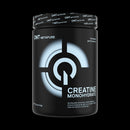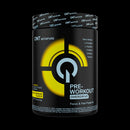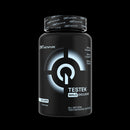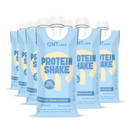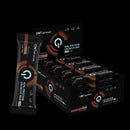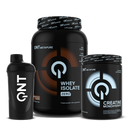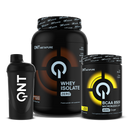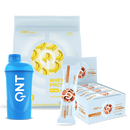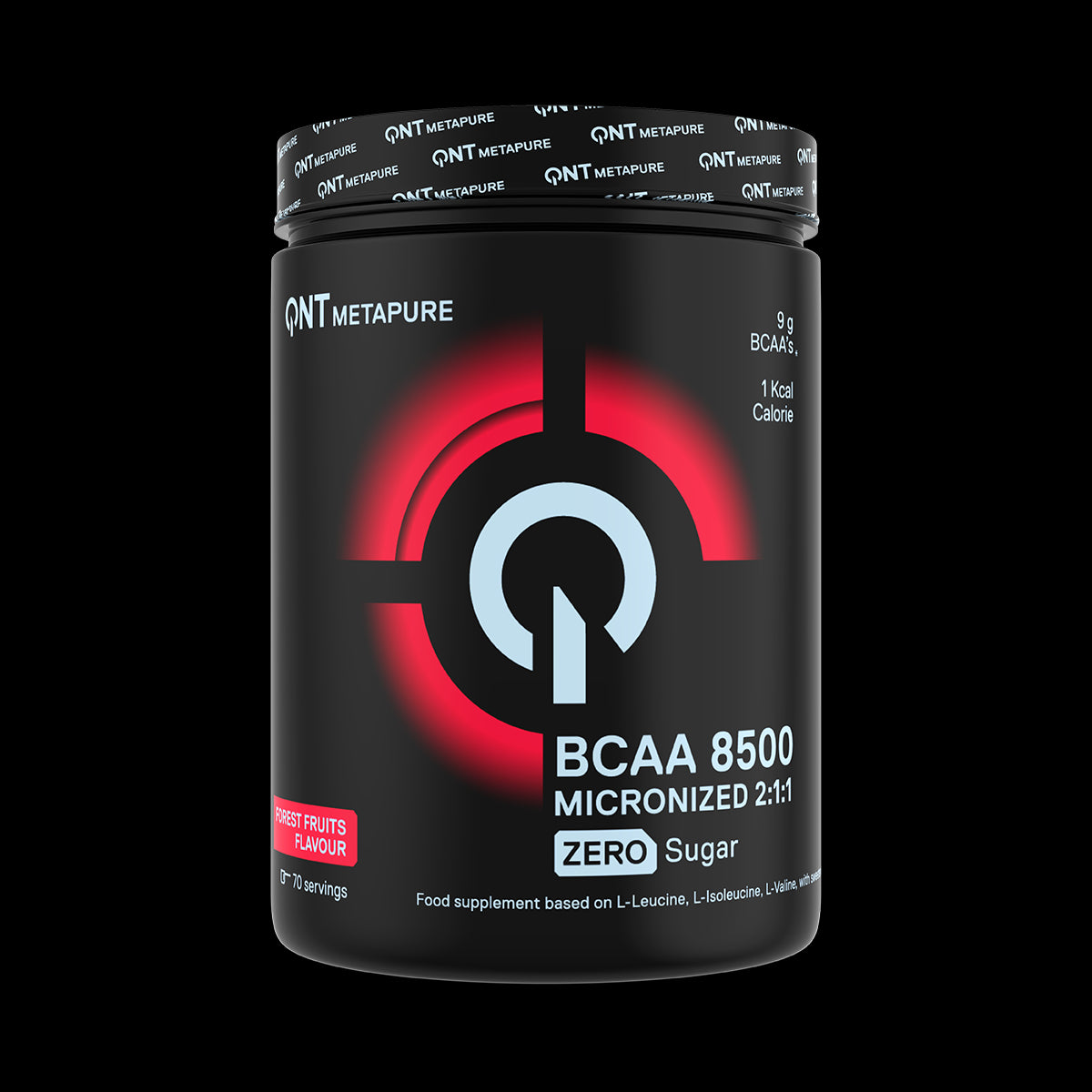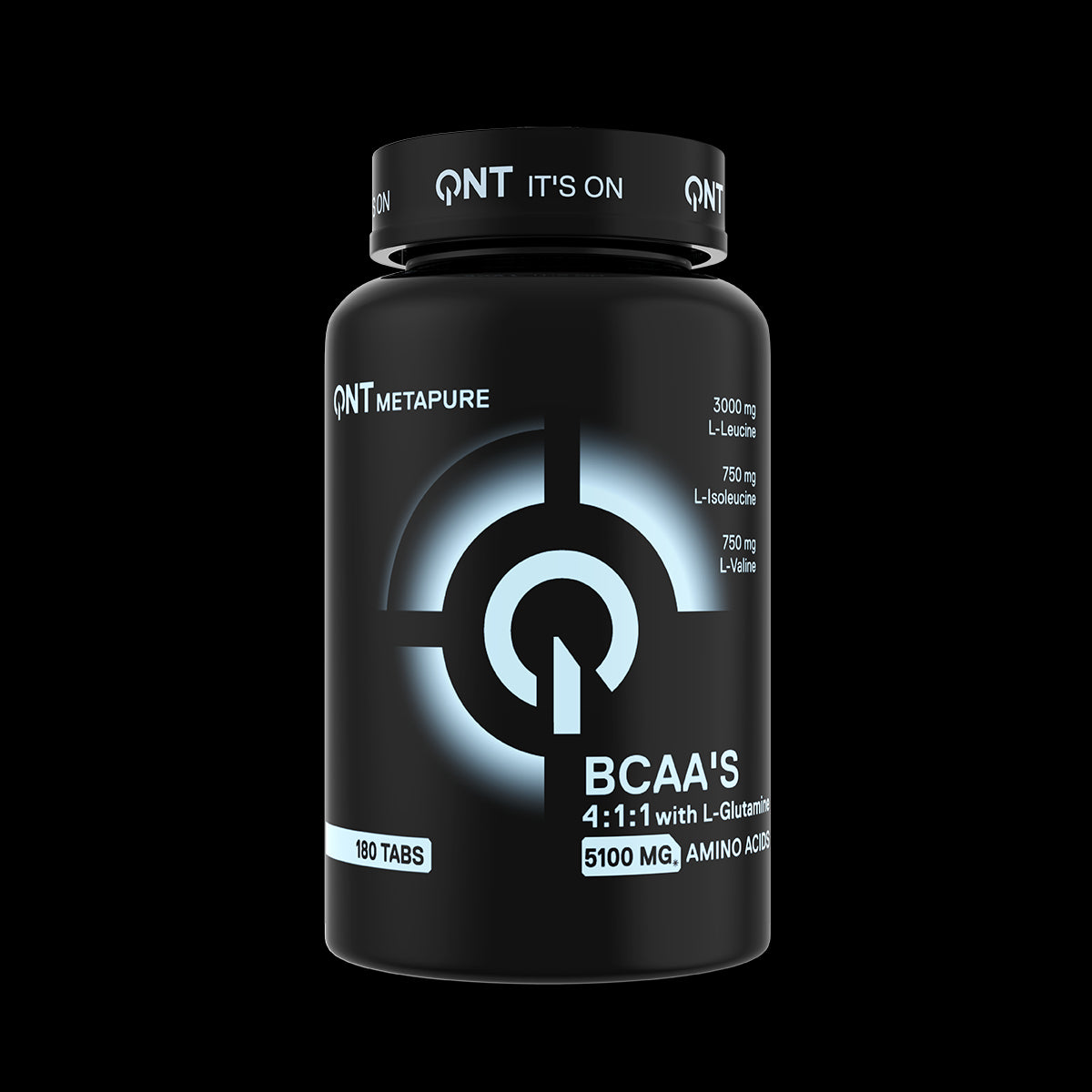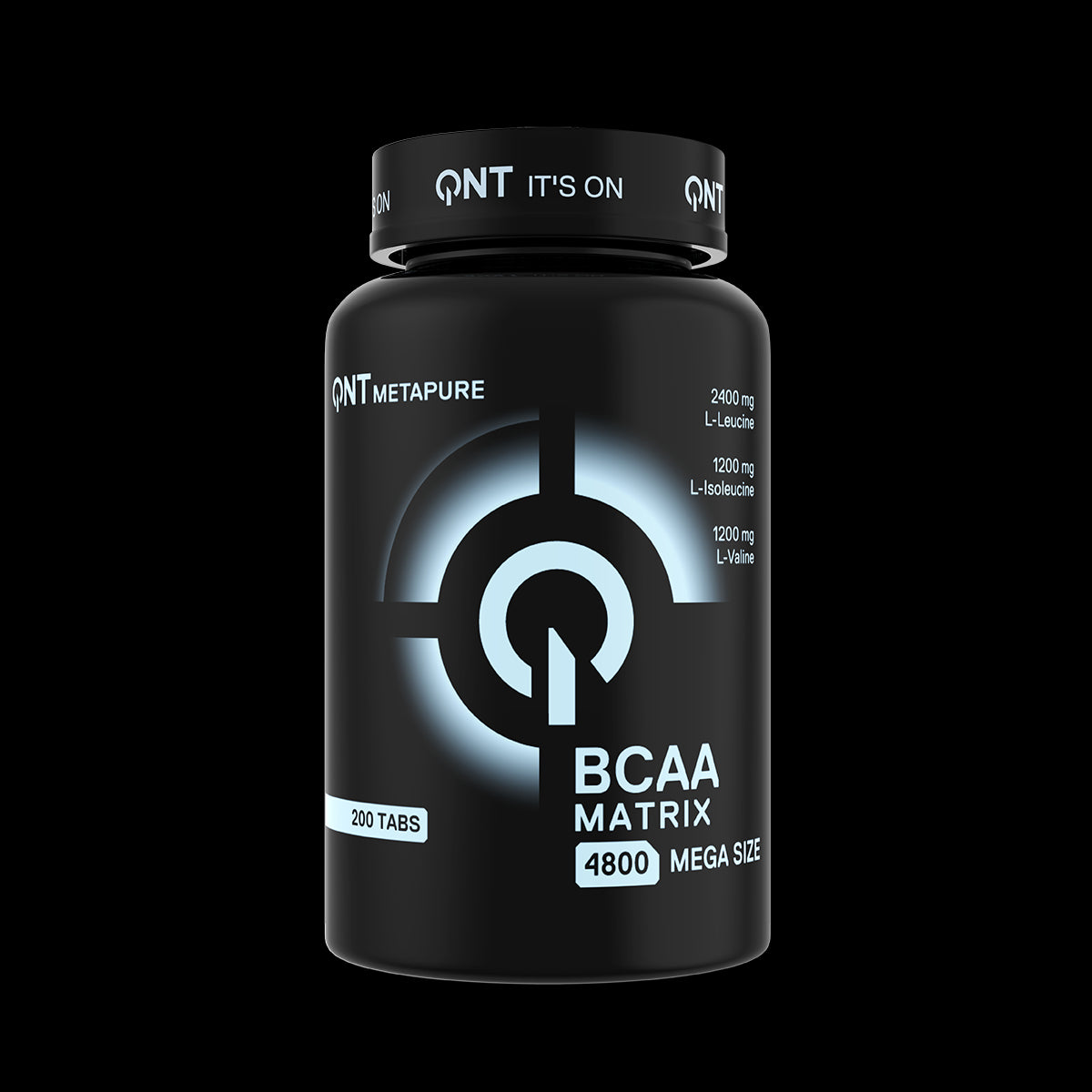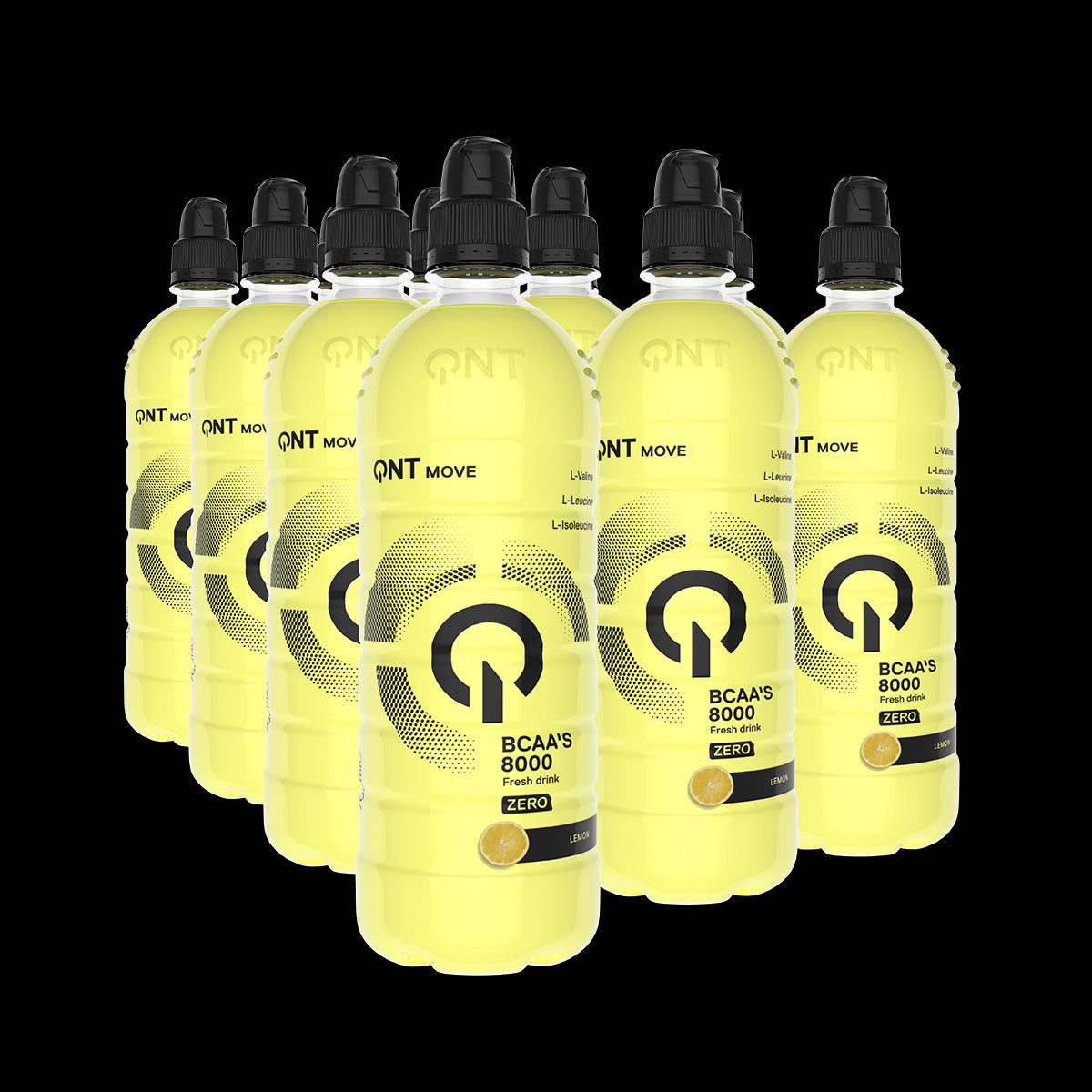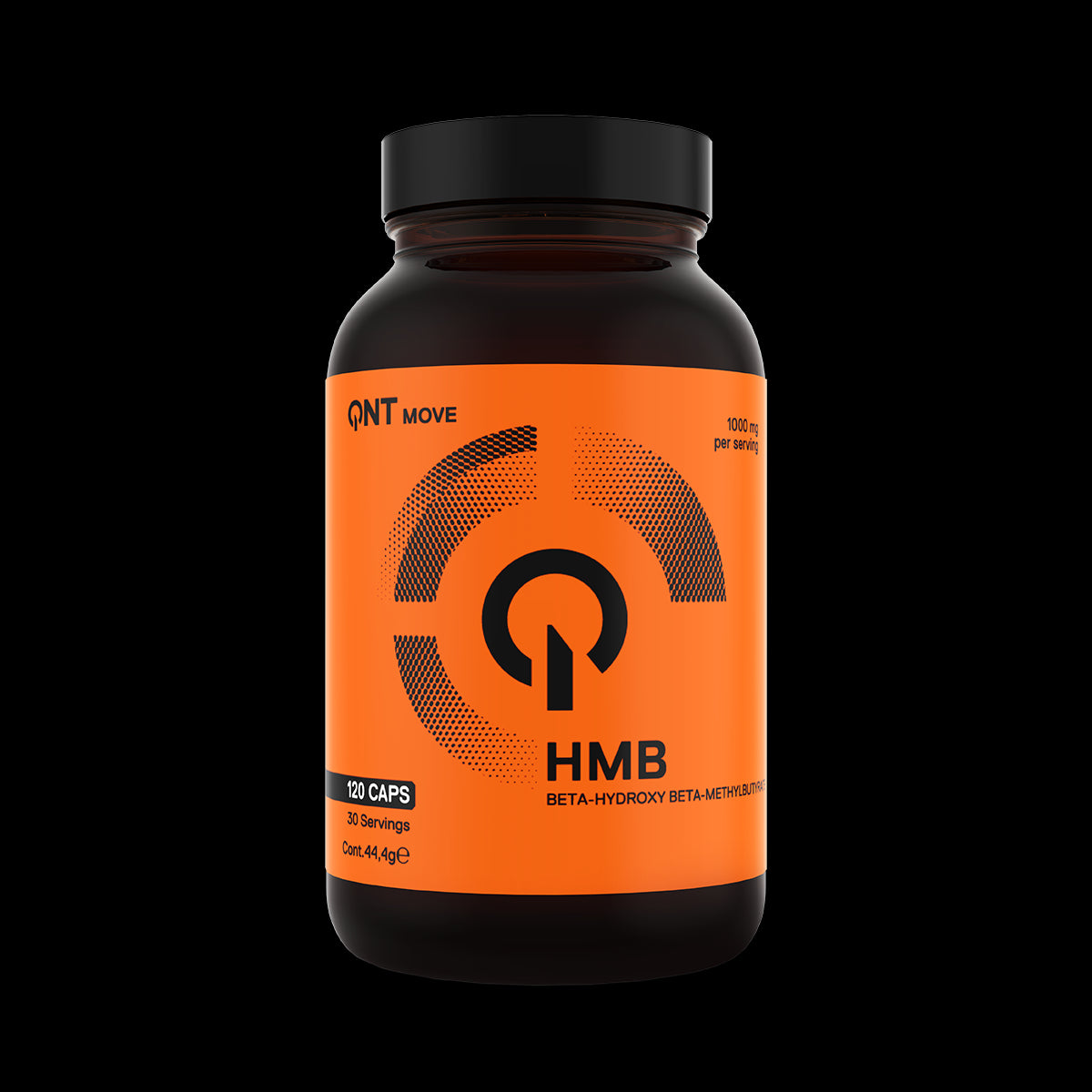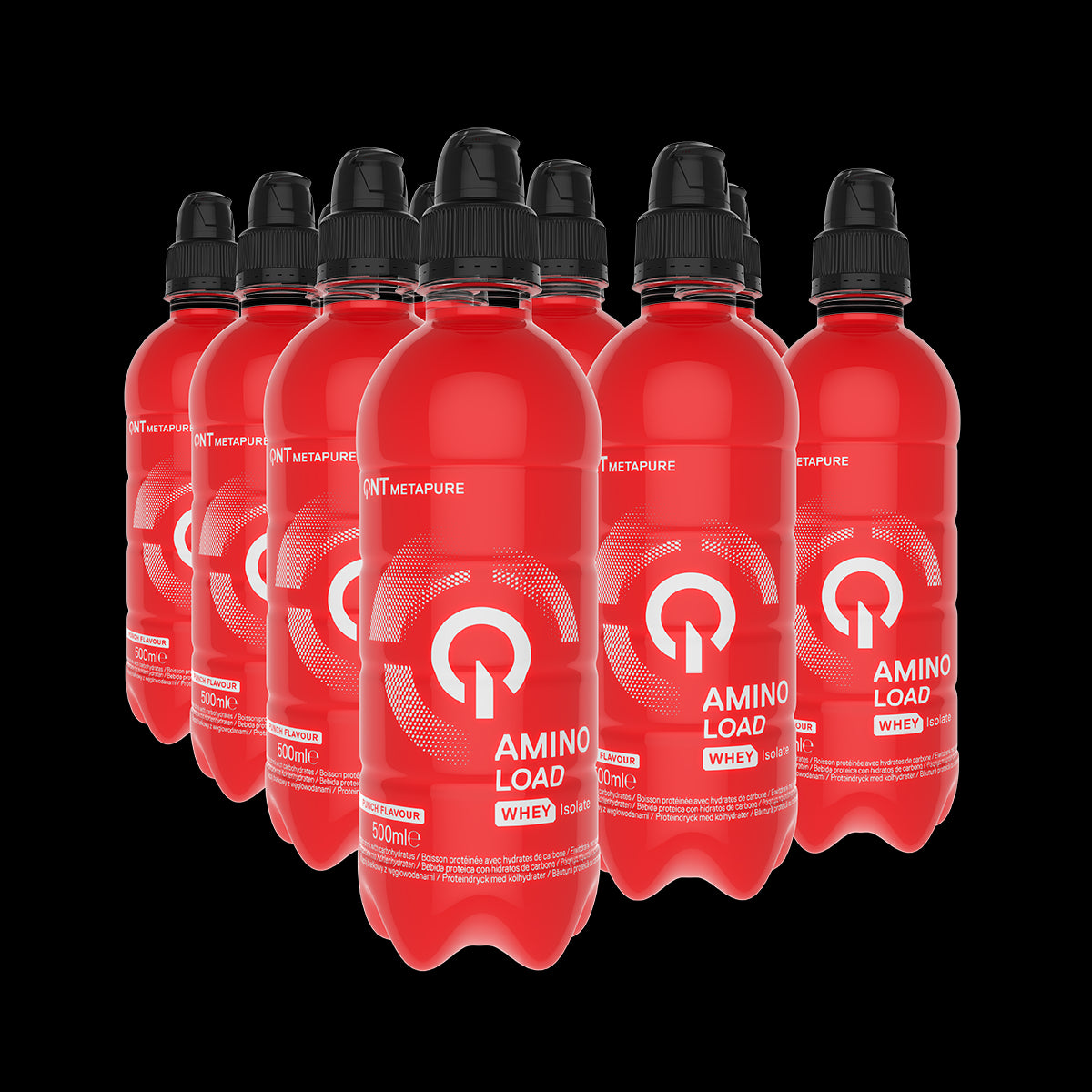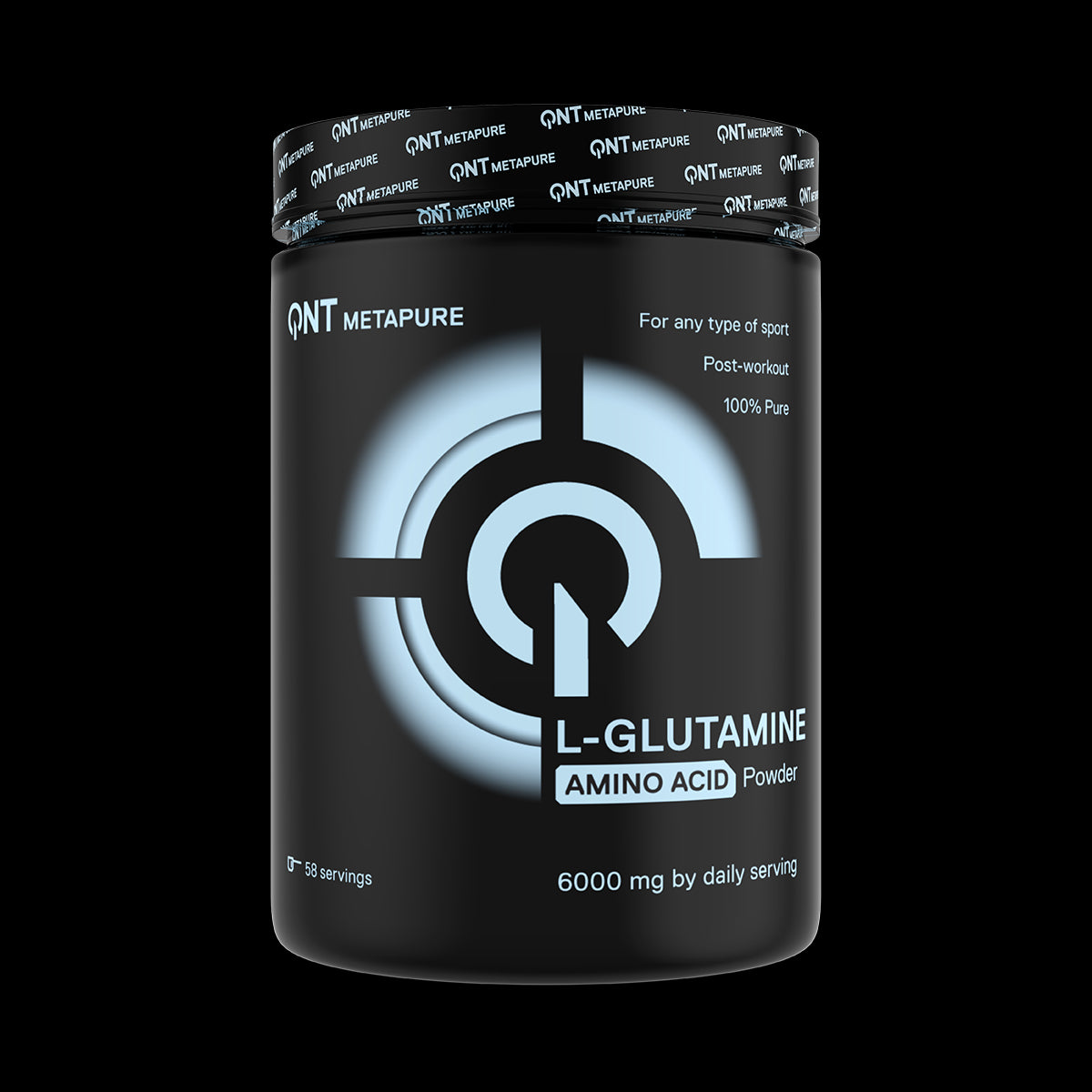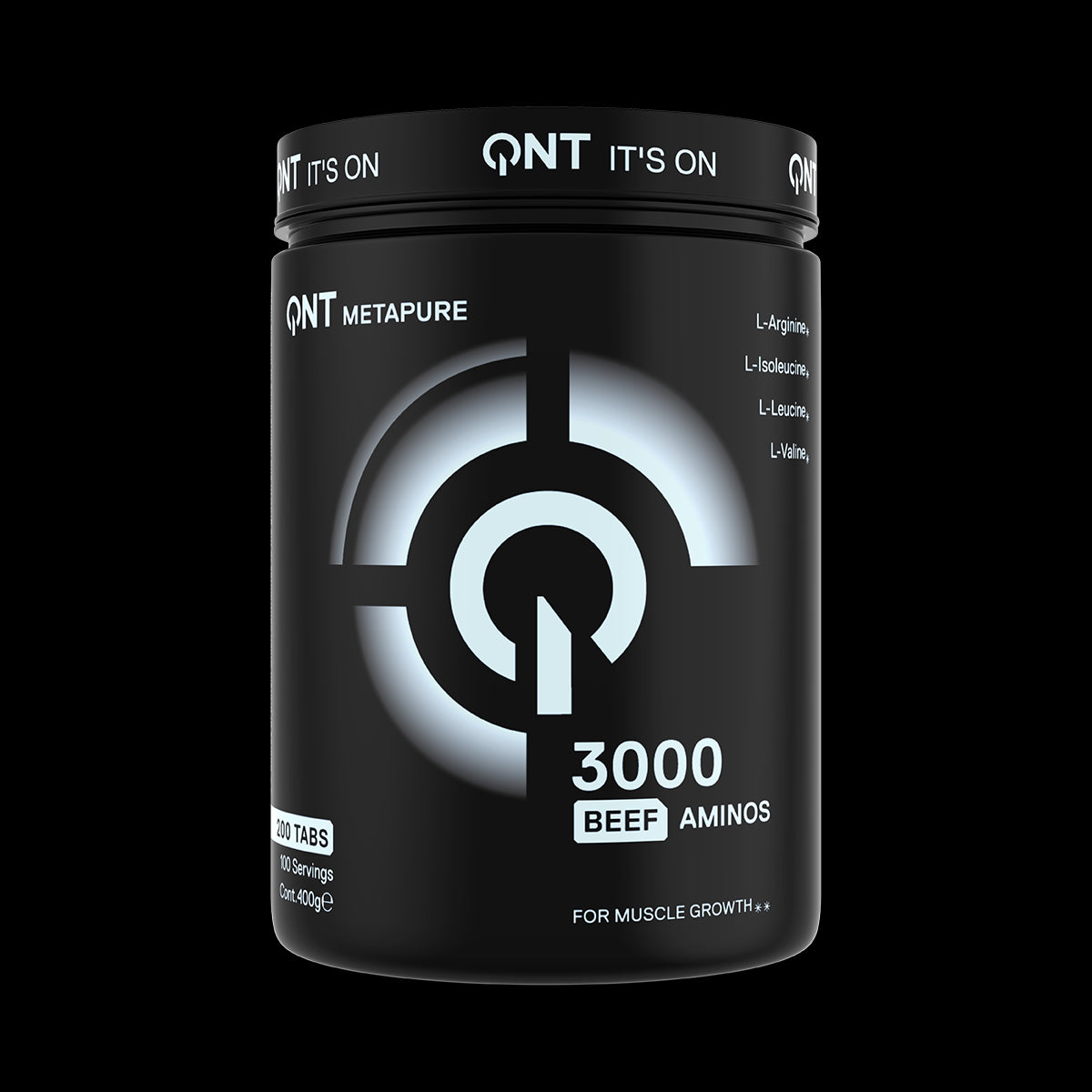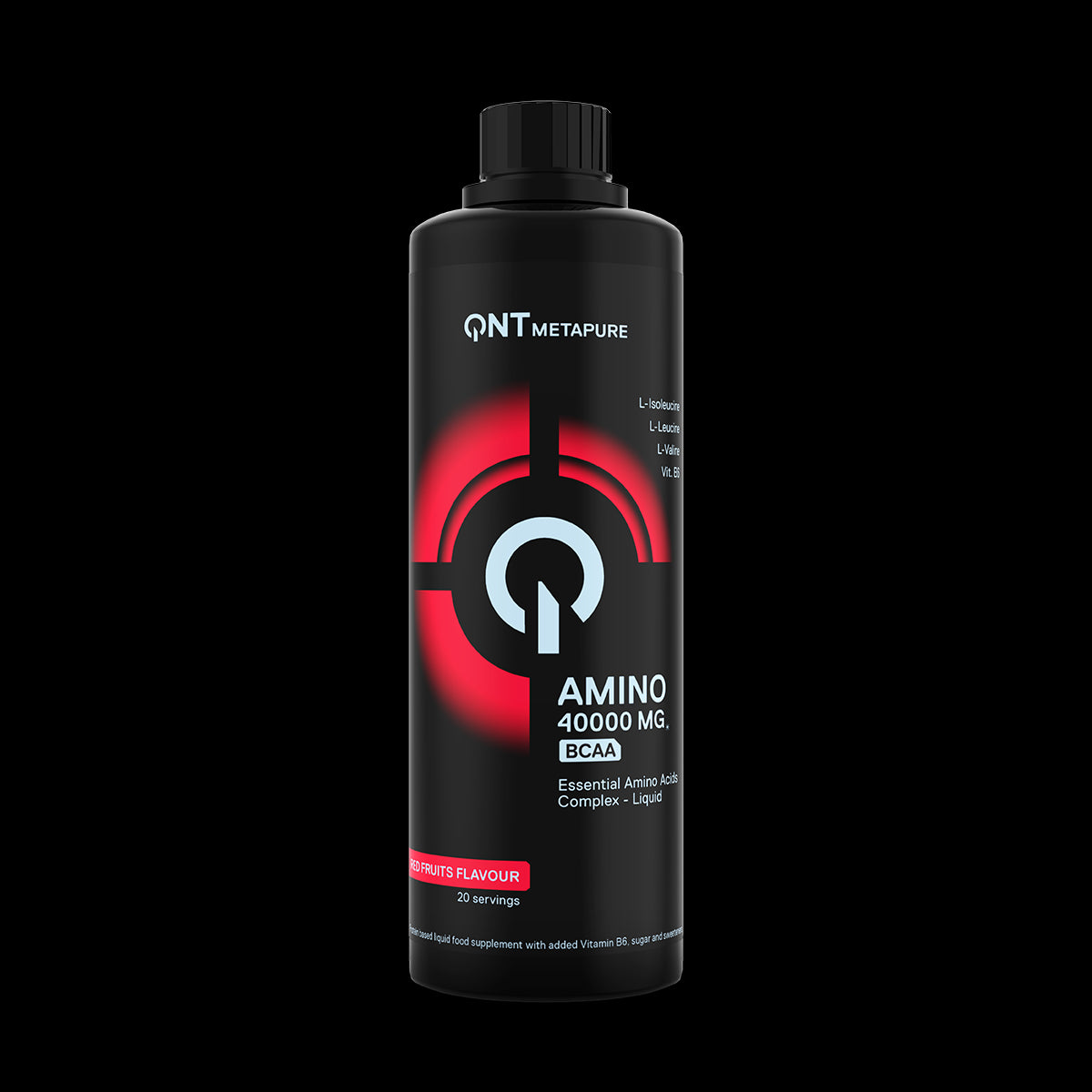Amino acids are essential nutrients for athletes and active individuals, playing a crucial role in sports performance and recovery. Their influence spans multiple aspects of training and competition, from muscle protein synthesis to energy management and fatigue reduction.
Muscle protein synthesis
Amino acids, particularly BCAA (branched-chain amino acids) such as leucine, isoleucine, and valine, are fundamental for muscle protein synthesis. Leucine, in particular, is known to stimulate protein synthesis and promote muscle hypertrophy. This activation is essential for building and repairing muscle tissue, especially after intense training sessions.
Tissue regeneration
Intensive training causes micro-tears in muscle fibers, requiring regeneration to strengthen muscles. Amino acids provide the necessary building blocks for this repair. Glutamine, for example, plays a key role in tissue regeneration and supports the immune system, which is crucial for athletes undergoing intense training.
Energy production
Amino acids can be metabolized to produce energy, particularly during physical stress or glycogen depletion. During prolonged workouts, the body can use BCAA as an alternative energy source, delaying muscle fatigue and enhancing endurance. Isoleucine, for example, helps regulate blood sugar levels and provides energy to muscles during exertion.
Fatigue reduction
Amino acids also help reduce both mental and physical fatigue. Tryptophan, a precursor to serotonin, can influence serotonin levels in the brain, regulating mood and the perception of fatigue. BCAA can also help decrease serotonin production during exercise, delaying central (mental) fatigue and improving focus and overall performance.
Improved concentration
Mental focus is crucial for athletes, especially in sports requiring precision or complex strategies. Amino acids, by participating in neurotransmitter synthesis, can enhance mood, alertness, and concentration. This is particularly beneficial in sports where mental clarity and rapid decision-making are essential.
Optimized recovery
Post-exercise recovery is a critical phase for athletes. Amino acids accelerate this process by reducing inflammation and facilitating the repair of damaged muscle tissue. Taking amino acid supplements after training can reduce muscle soreness and enable quicker resumption of workouts, maximizing performance gains and reducing injury risk.
Amino acids are powerful allies for athletes, offering benefits ranging from muscle protein synthesis to fatigue reduction and improved concentration. Integrating amino acids into the diet, whether through food or supplements, is essential for optimizing athletic performance and supporting rapid, effective recovery. For athletes aiming to maximize their potential, amino acids are a key component of their nutritional strategy.

